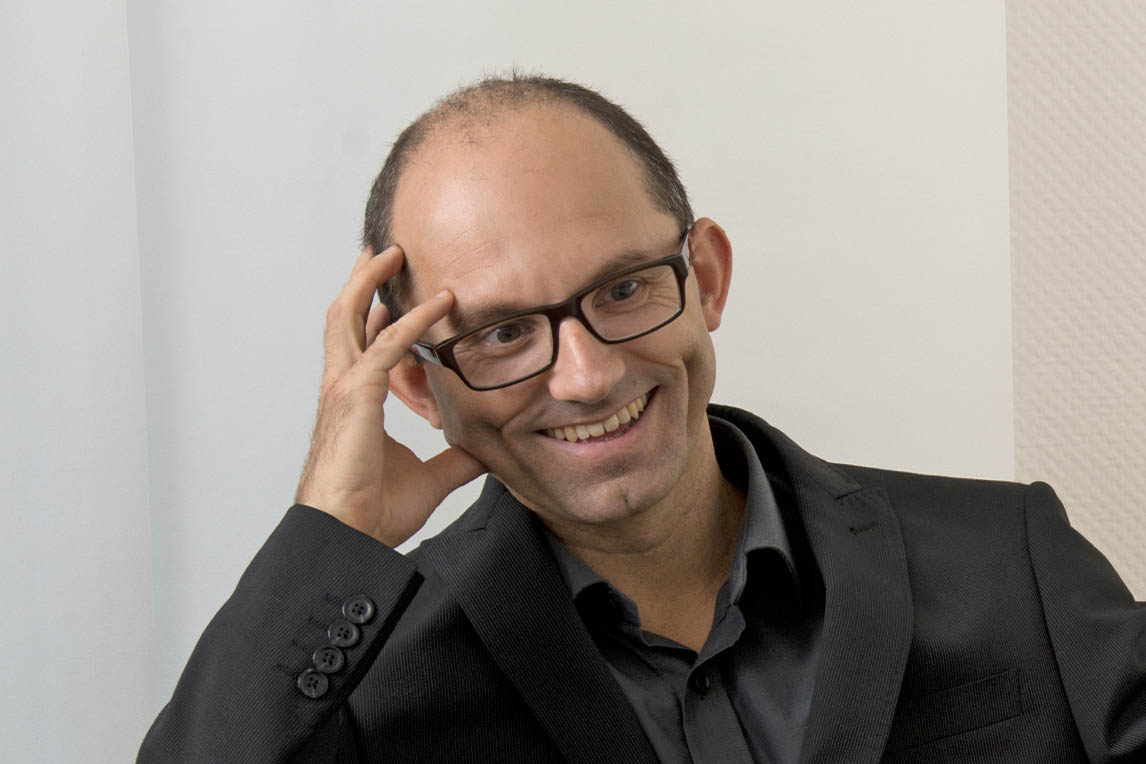Expectations of board members are high. Among other things, they are expected to deal with their duties and not so much with themselves. Paradoxically, the more they explicitly deal with themselves, the better they succeed.
In boards of directors, decisions are made with long-term effects. It is necessary to balance entrepreneurial, ethical, moral, political and social aspects, to strive for sustainability, even in the face of short-term pressure for profitability, to maintain a balance between the active expression of opinions and the distance required by the separation of powers, and so on. All this places high demands on the personal integrity and maturity of board members and on their ability to work as a team at the highest level.
This is very difficult, especially in critical situations where the stakes are high and the pressure is on to set the right course. Such situations are characterized by high stress levels and pronounced emotional strain, and it is here that old and well-anchored patterns of thought and behavior tend to be activated, which can massively change the dynamics in the boardroom – often to the surprise of all involved, because mechanisms are revealed here that remain hidden in normal everyday life. It is not uncommon for a team to be caught off guard by such a change in atmosphere and to find itself in an overload situation in which its view of the world becomes clouded.
But it is precisely in such decisive meetings that a clear view is needed. Teams that have not reflected in calmer times on how they function will be at the mercy of their ingrained behavior patterns under pressure in critical situations, and then self-dynamics instead of dynamics prevail. In the aftermath of economic disasters, people always ask how it was possible for highly intelligent people to act so blindly in a decisive situation, even though the necessary information for a good decision was available. The answer lies in what in the English-speaking world is called "boardroom dynamics". The special atmosphere of such situations is often the subject of films such as "Thirteen Days", where the decision-making dynamics during the Cuban Missile Crisis are portrayed in a gripping manner.
Such extreme situations cannot be simulated – what remains is to prepare for them in the best possible way. This includes reflecting on one's own working methods, especially at the level of team dynamics. Board members need a mature personality with a high level of awareness of their behavioral tendencies under pressure, and as a board they need an awareness of how to deal with conflict, fuzzy information, divergence, hierarchy and other important areas of teamwork. In addition, it can be helpful to have an external coach in the room who is trusted by the board, stays out of the content, and is solely concerned with making sure the team is functioning well.
Momentum is one thing: trying to get a grip on it by yourself is like a Munchausen's act. This requires a counterpart who holds up the mirror in which a team can recognize itself. Research clearly shows that trying to suppress the emotional factor ("let's all remain completely rational"), has virtually no chance of success.
Conclusion: you can't get rid of psychological dynamics. But at least you can choose whether to face it blindly or with seeing eyes, according to the motto: "you can't stop the wave – but you can learn to surf."
About the Author

Tibor Koromzay
Tibor Koromzay, lic.phil., is a psychologist and has 13 years of experience as an executive in the machine industry. As a freelance consultant and coach, he focuses on successful collaboration, change processes, leadership and personal growth.
He has a special focus on organizational development and the quality of internal collaboration in teams and organizations. He offers specific coaching support for boards of directors.


